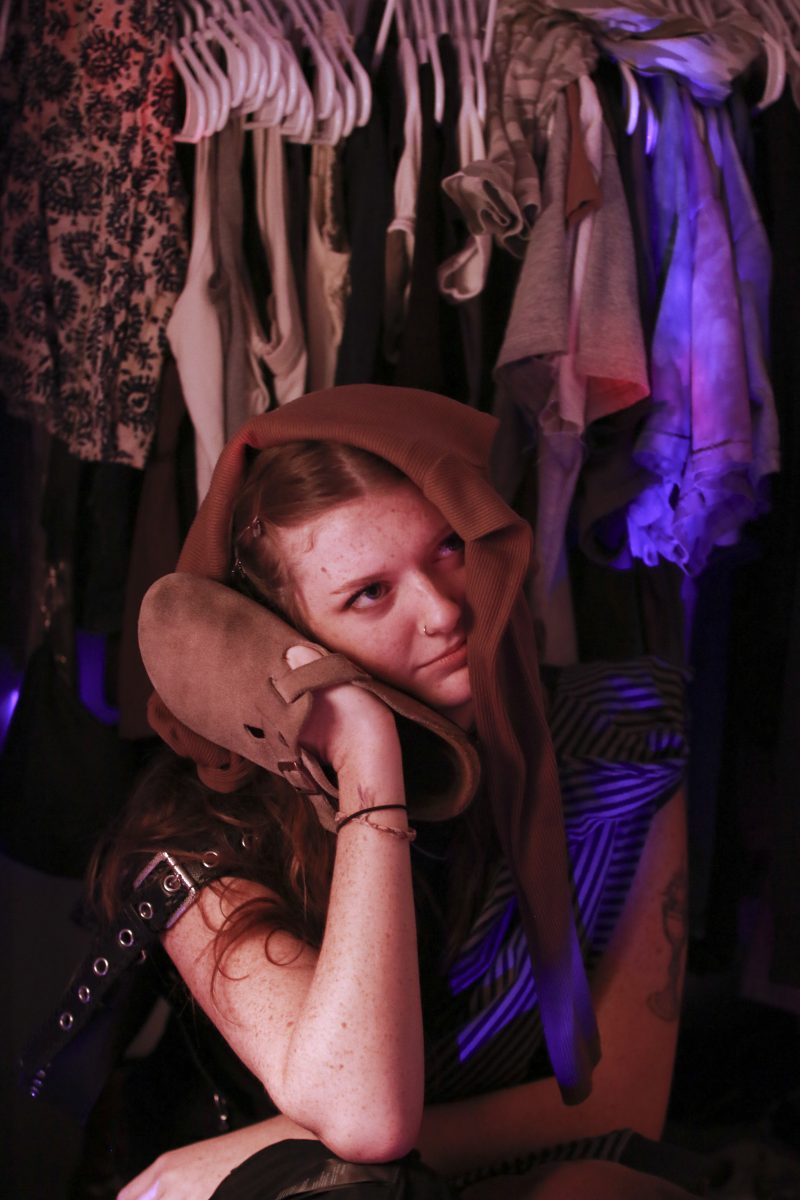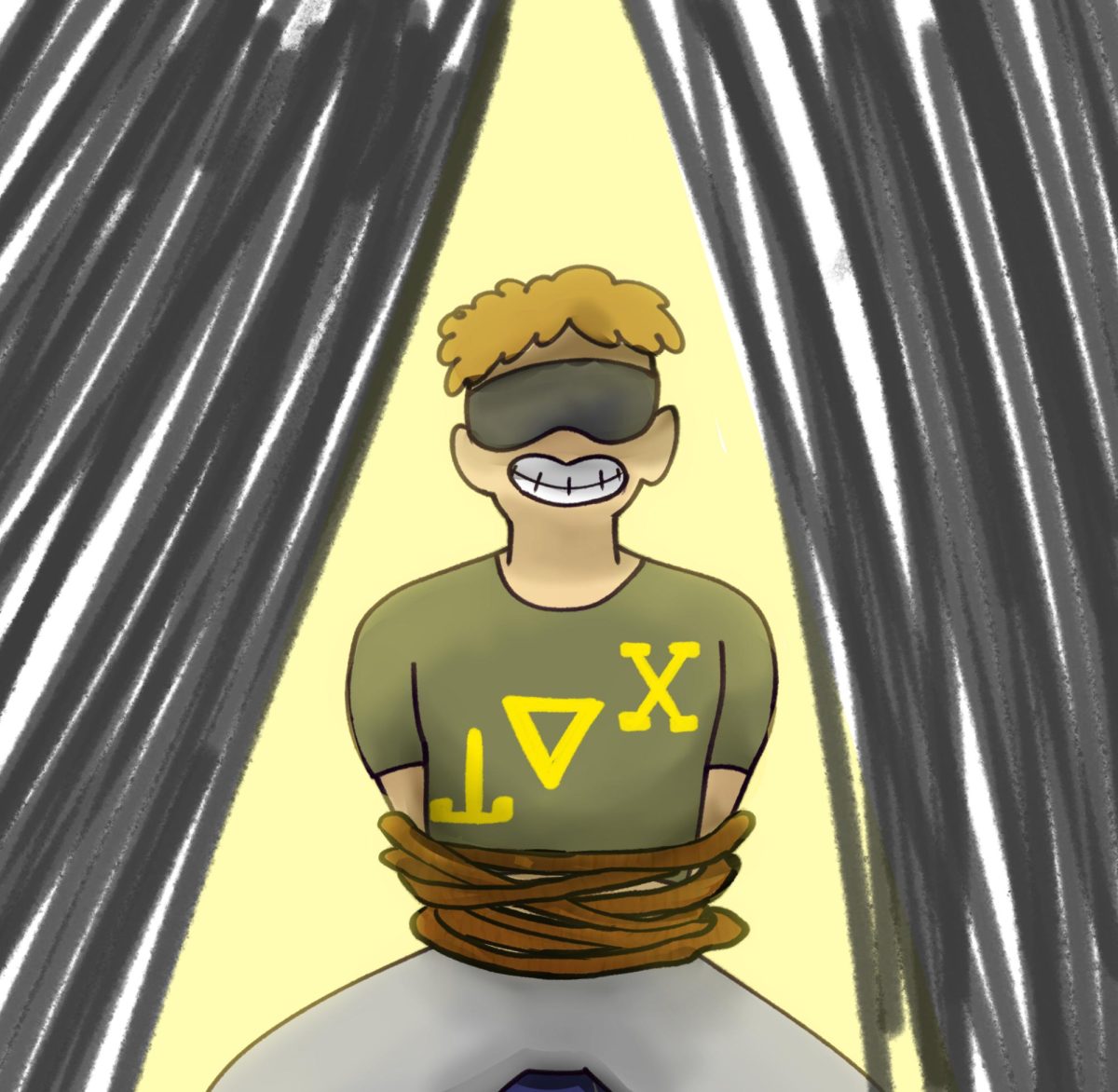I have spent countless mornings standing paralyzed in front of my closet, unable to decide what to wear for the day, looking at Pinterest or TikTok to try and get some inspiration. Usually, social media makes it worse. Instead of looking at what I have, I focus on what I don’t, so I continue to stand in front of my closet, scrolling.
My early-morning decision paralysis stems from anxiety caused by social media, especially TikTok, because it has become an omnipresent force invading almost every aspect of my life. For people who obsessively use social media, it can negatively affect identity development. However, engaging with social media is a choice, and it is up to each user to set healthy boundaries with the platforms.
People form online identities by sharing photos and thoughts and interacting with others. With the rise of TikTok, however, there’s arguably less emphasis on creating one’s own content than watching others. Ultimately, users end up taking a more passive role and scrolling for hours.
The passive dynamic promoted by TikTok has bled into everyday life. Constantly watching videos of shopping hauls, people getting ready or showing their outfits of the week emphasizes what others are wearing and encourages the viewer to mimic the creator. All of this creates feelings of doubt or inadequacy in comparison to their favorite TikTok creator.
The urge to copy social media influencers becomes especially difficult as trends now change at an exponentially faster rate, seemingly changing day by day what is “in” and “out.” For the user, it feels like once they finally catch up with the trend, it’s already over and out.
The performance aspect of social media compounds feelings of inadequecy. Today, taking pictures of strangers and posting them on social media is normalized. At a small school like Trinity, we never know when someone is going to take a picture of us and send it to TU Snaps (at least the old TU Snaps), approach us to do a sidewalk symposium or take part in a TikTok for the Trinitonian. So, it feels like we need to always look our best and market ourselves.
It’s human nature to want to fit in, but fitting in has never felt as suffocating as it does with social media. Trying to stay on trend is exhausting, but it isn’t necessary. Growing up online, it can be hard to have a healthy separation between an online identity and a real, personal identity. While the two might be similar, they are not the same. Our Instagram posts and Pinterest boards are not a summation of ourselves. Instead, they are small windows into our extremely complex, multi-faceted identities.
Luckily, we are not forced to have an online presence. We can decide our involvement and choose whether to partake in the suffocating world of social media. Try deleting social media for a week and see how the relationship changes when you return. Or, clearly delineate screen time and take a complete step away from technology when you put your phone down or turn off your laptop for the day. With healthy boundaries, it is easier to protect one’s self from internet anxiety and realize we are more than a trend.










